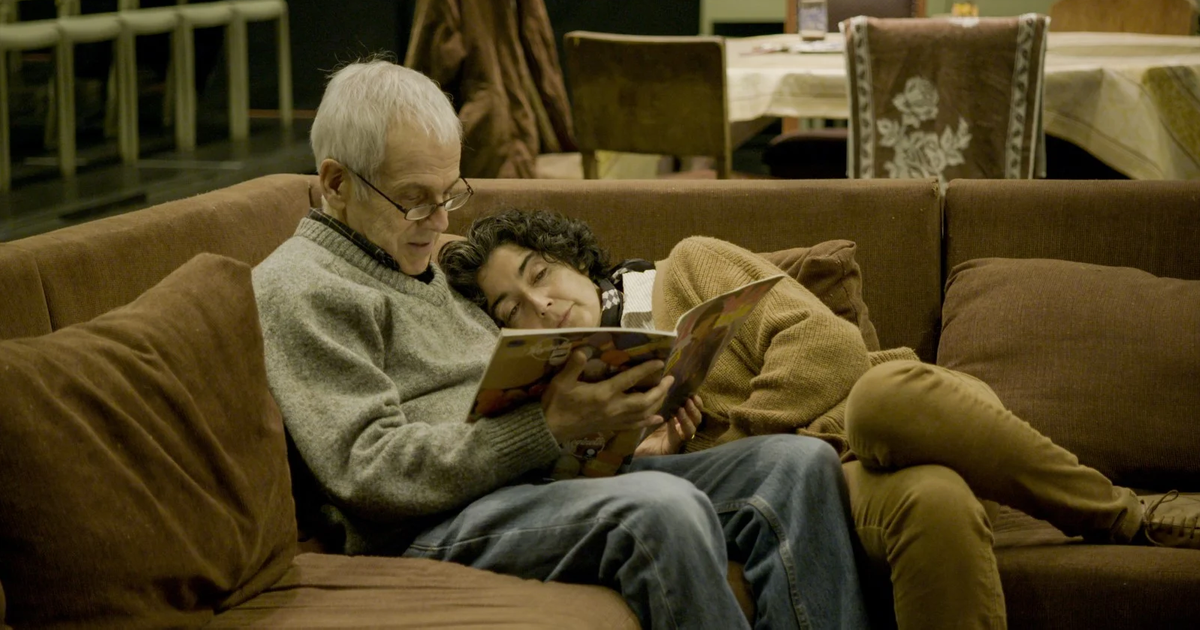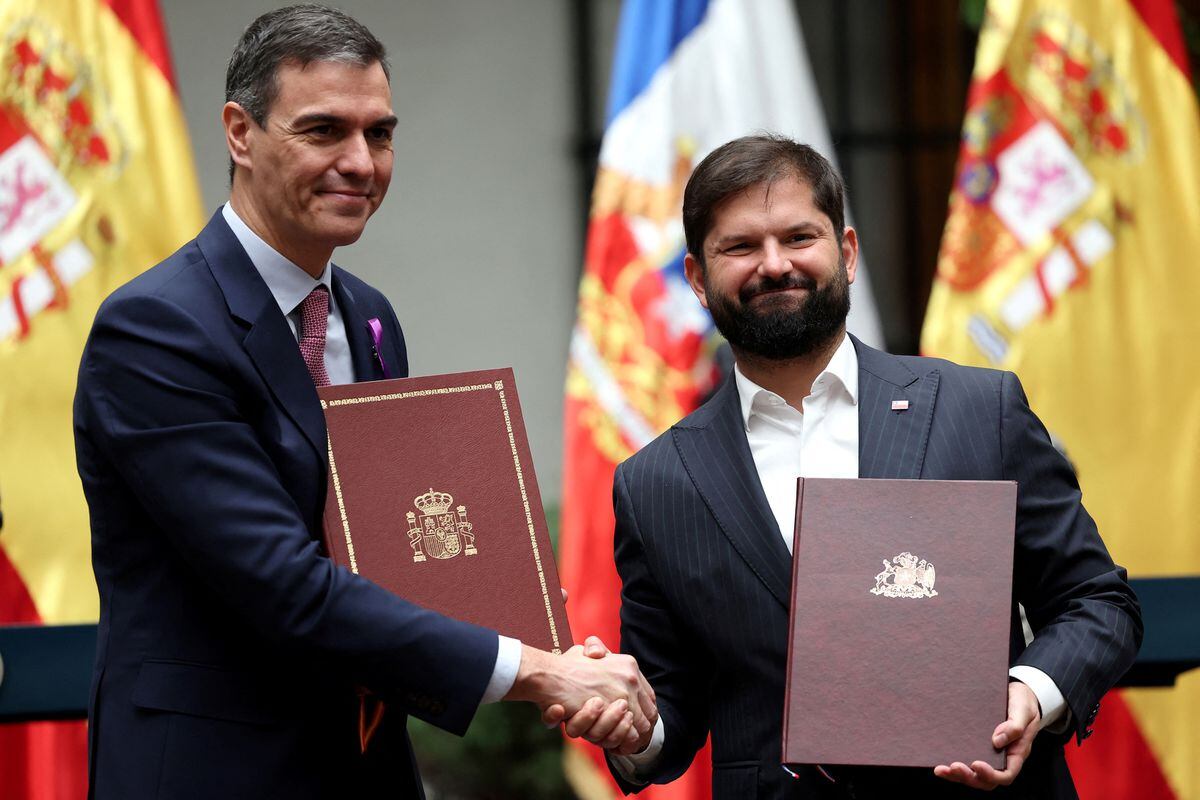It is burning in Chile. Flaming street barricades, burning supermarkets and factories. As the government reacts with repression and sends 8,000 military and armored vehicles to the streets, people are just getting madder. In the capital Santiago, in the cities of Valparaíso and Concepción as well as in La Serena and Rancagua, but also in the cities further away from the center, there were violent riots on the weekend.
By Sunday night, at least eight people were killed, five alone died in the fire of a clothing store in the northwest of the capital.
Within a few days, the apparently so stable South American model country is out of control. What began as a protest against the increase in prices for the subway in Santiago, has turned into a general rebellion against the precarious living conditions in the neoliberal land.
Anger over high electricity and water prices
People are angry about exorbitant electricity and water prices, low wages and salaries, lack of health and safety at work, expensive old-age provision and high rents. Add to this the increasingly prohibitive food and high school and Unigebühren.
Research shows that a large part of Chileans do not have enough income to pay all their monthly costs. According to the National Statistics Office (INE), half of the workers earn 400,000 pesos (504 euros) or less. The costs of many services, such as electricity, water and gas, internet and motorway tolls are at the level of European countries.
Public transport is also very expensive. According to a study by Diego Portales University in Santiago, Chile's system is the ninth most expensive of 56 countries studied relative to per capita income. This explains why the increase from 800 to 830 pesos (from around 1 to € 1.04) per ticket caused such a rage.
This long accumulated annoyance has in recent days discharged against subway stations, directed against supermarkets and government buildings that were attacked, looted and set on fire. The damage to the infrastructure amounts to first estimates at least $ 200 million.
All over the country young people have erected burning barricades. Supermarkets were closed on Sunday and flights were canceled at Santiago International Airport.
The teacher can not turn on the heating - too expensive
The second night as a result, President Sebastián Piñera imposed a curfew on Santiago and other cities. This was last done in 1987 during the dictatorship of Augusto Pinochet (1973 to 1990). But even on the night of Monday they ignored many people again and made their anger with the so-called Cazerolazos, the "pot beating" air.
Alberto Peña / EPA-EFE / REX
Cazerolazos: Dengles against the system
The protests have long since affected the whole society. What began as an uprising of the students is now also borne by workers, teachers and employees. Even in the upper-class districts of Santiago, such as Las Condes, the inhabitants of Cazerolazos took to the streets.
The teacher Cecilia Quidel understands the anger of her compatriots: "Life has become so expensive in recent years that the money for many people does not reach the end of the month." Quidel, who earns 800,000 pesos (1009 euros), often sits in the winter in her cold house in the district of Quilicura, because she can not afford to turn on the central heating. "Impossible, the costs would explode."
Gasoline, city highway tolls, food and electricity have skyrocketed over the past three or four years. "We feel abused by the big companies that increase how much and whenever they want," says the 56-year-old. "The state just watches it," Quidel told SPIEGEL.
The export is booming - but only the rich profit
Since returning to democracy in 1990, Chile has been the most economically and politically stable state in the region. The Andean-Pacific country has consistently opened up to the global economy and is now considered the most reliable and competitive state in Latin America, equipped with modern infrastructure, free trade agreements with tens of states and trade relations with Asia, Europe and the United States. The export of copper, wine, fruit, salmon, cellulose and wood is flourishing.
However, the economic model that left dictator Augusto Pinochet to the country still remains valid. Chile is still the neo-liberal paradise, where the state has privatized almost everything, giving companies a free hand, requiring little tax and allowing multinational companies to exploit natural resources. According to the United Nations Economic Commission for Latin America and the Caribbean, the wealthiest percent of Chileans has over 26.5 percent of national wealth.
President Piñera, an entrepreneur himself and one of the richest Chileans, thinks this is fine and then has little understanding for the needs of the people. In view of the increase in Metro tickets, his Cabinet said in a first reaction, then people should just go to work earlier in the morning, when the time-staggered tariff is even lower.
Two major events are in the balance
Meanwhile, the head of state is increasingly unsettled and perplexed in the face of popular anger. "We know that the protagonists of the protests have a degree of organization that can only spring from a criminal organization," he said Sunday night about the people on the streets.
Piñera fears not only for the image of his country, but also for hosting two major international events. In mid-November, the Summit of the Asia-Pacific Economic Community (APEC) will take place in Chile. Two weeks later, the world climate summit should follow in Santiago.
And despite repression, there is no relaxation in sight. This week, the students of the "University of Chile" and health care workers want to strike. Subsequently, a general strike should follow. The signs are still on storm in South America's model country.


/cloudfront-eu-central-1.images.arcpublishing.com/prisa/BUA2NNBCCBACHEPXXR6NIRKCA4.jpg)



/cloudfront-eu-central-1.images.arcpublishing.com/prisa/CQSZWCMFFEISWLLJKA76I3TGKA.jpg)


